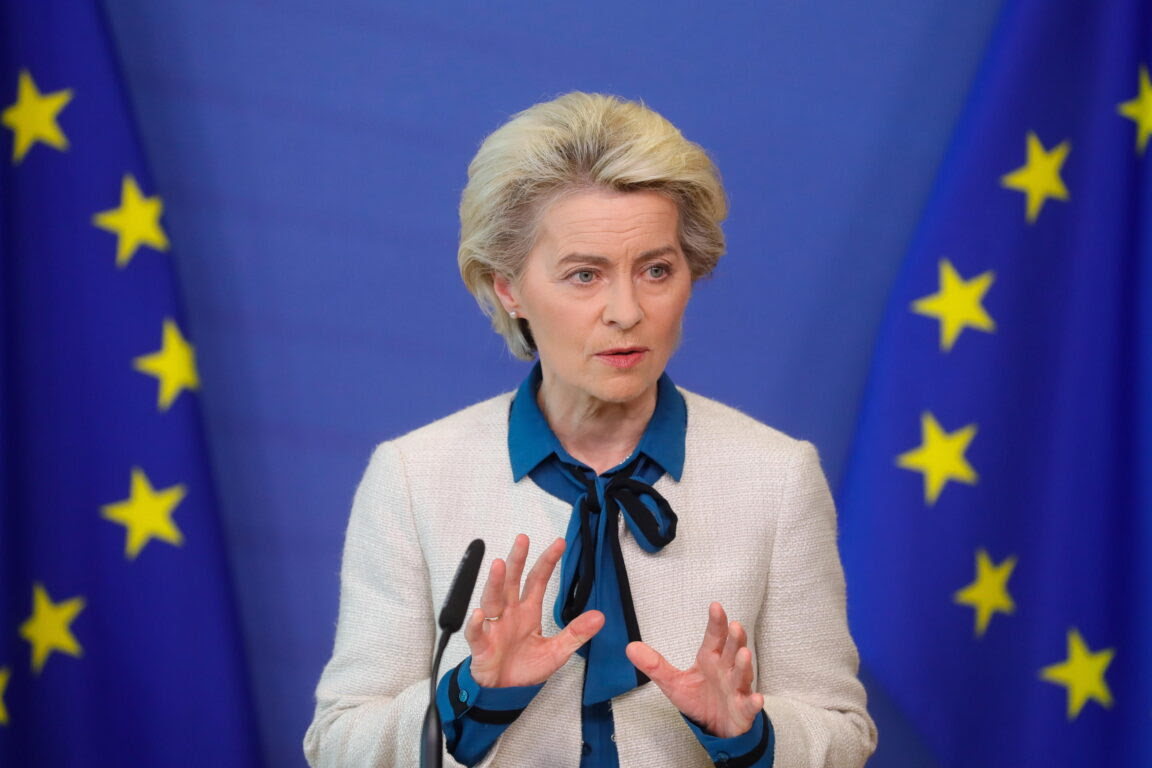In a joint meeting of the Economic and Monetary Affairs Committee and the Environment, Public Health and Food Safety Committee on June 14, Members of the European Parliament voted 76 to 62 against the inclusion of nuclear power and natural gas in the second delegated act of the Taxonomy of sustainable investments. If the vote will be confirmed by the EU Parliament’s plenary session on July 4-7, the proposed regulation will fall. This will make Europe’s security and climate goals harder and more costly.
In a broader perspective, it would mark a further step away from competitive energy markets. What is worse, it may appear a political defeat of the Commission, that proposed the regulation in the first place. In fact, the MEPs’ vote is fully consistent with the language – if not the acts – of von der Leyen who declared that energy markets “do not work anymore” and need to be adapted to the “new realities of dominant renewables”.
The taxonomy regulation entails a set of criteria to tell which technologies can be considered sustainable, and under which conditions. The goal of the taxonomy is to provide financial markets with guidance in order to channel resources towards the investments that are expected to deliver CO2 emissions reductions or other environmental benefits. Indirectly, this is also intended to raise the cost of capital for those activities that are deemed unsustainable. According to the first delegated act, that was adopted in 2021, these include, for example, natural gas infrastructures, unless they are designed to transport low-carbon gases or hydrogen.
The second delegated act, which was proposed by the Commission in February this year, covers nuclear power and the use of natural gas for power generation. It provides them with a green label provided that specific criteria are met. These include, as far as nuclear power is concerned, the safe management of nuclear waste and the provision of a nuclear decommissioning fund, on top of compliance with the existing safety and security norms. Power generation from nuclear gas is only regarded as sustainable if it either has very low emissions (below 100 g CO2 / kWh) or it replaces more polluting power plants while keeping emissions much lower than most existing gas-fired power plants (less than 270 g CO2 / kWh or less than 550 kg CO2e / kW over 20 years).
If the Parliament will confirm the ECON and ENVI Committees’ vote, financing power generation from nuclear power or from low-emissions, gas-fueled power plants will not be considered sustainable, hence it will become more costly. This is likely to have adverse environmental and security consequences. Nuclear power is a major source of clean electricity; it also provides a substantial contribution to diversifying Europe away from Russia’s gas.
Natural gas, instead, will play a role in the decarbonization as a transition fuel, both as a tool to reduce the reliance on coal and to provide power systems with the flexibility that is required to accustom a large, intermittent capacity from green sources. Moreover, all EU member states are struggling to build new gas infrastructures, such as LNG terminals, in order to attract supplies from countries other than Russia.
Voting down the second delegated act on the basis that nuclear power and natural gas do not fit with a politically-biased definition of sustainability, though, shall also have a more subtle consequence. The taxonomy is not conceived, at least in principle, as a tool of industrial policy. But if it only enlists a short array of politically-determined technologies, it becomes a tool to pick winners, rather than one to provide a guiding light to financial institutions. This comes increasingly at odds with the design of energy markets that emerged from the liberalization in the 1990s. This was predicated upon the decentralization of investment choices – i.e. investors, not the government, will make decisions based on price signals, and they will bear the costs if they miscalculate. At the same time, environmental policy was not founded upon picking winners, but on the polluter pays principle: again, price signals, not political decisions, should drive investments.
These principles have been repeatedly violated over the years, for example by handing out generous subsidies on a case-by-case basis (rather than reflecting the actual environmental benefits from any specific technology). The revision of the taxonomy in a more assertive way would entail an acceleration on this path. Despite the appearances, this would not be inconsistent with the growing distrust of markets that the Commission has shown.
Von der Leyen has openly called energy markets deficient. The recent plans Fit for 55 and RepowerEU, despite their formal homage to market principles, revolve entirely around top-down decisions from European institutions and national governments. And the number of exceptions or deviations from the market rules, with the Covid-19 crisis, the energy crunch in late 2021 and now Russia’s bloody invasion of Ukraine, have proliferated.
The attack on wholesale markets and the increasing skepticism toward retail competition in electricity and gas markets, that until a few years ago were regarded as a powerful success story of European integration, signal a departure of European politics from the stated policies that have guided the EU so far and which have transformed our energy systems, making them both cleaner and more competitive.
The interventionist frenzy may look like low-hanging fruit to respond to the many challenges we face, from climate neutrality to the resurgence of energy insecurity. But reaping that fruit may entail cutting the branch on which Europe’s energy systems sit. The line between bravery and recklessness is sometimes thin, but it is very clear that undermining energy markets in the middle of a supply and geopolitical crisis is well beyond the line.





